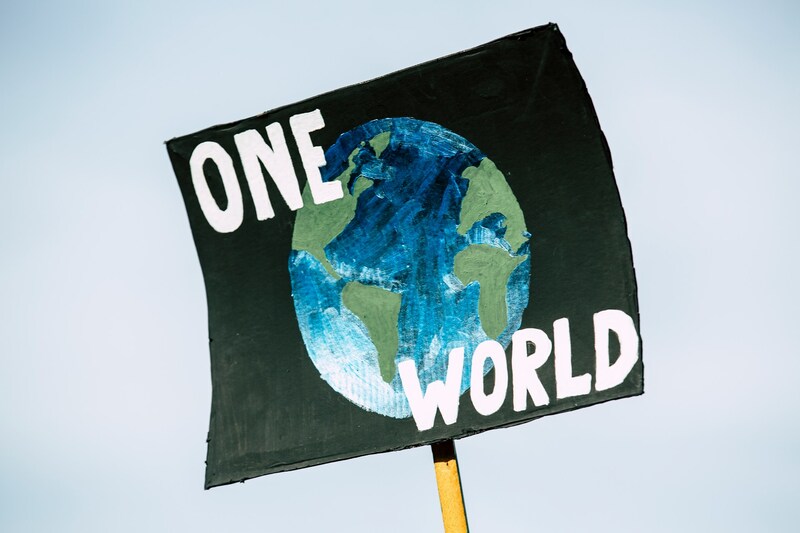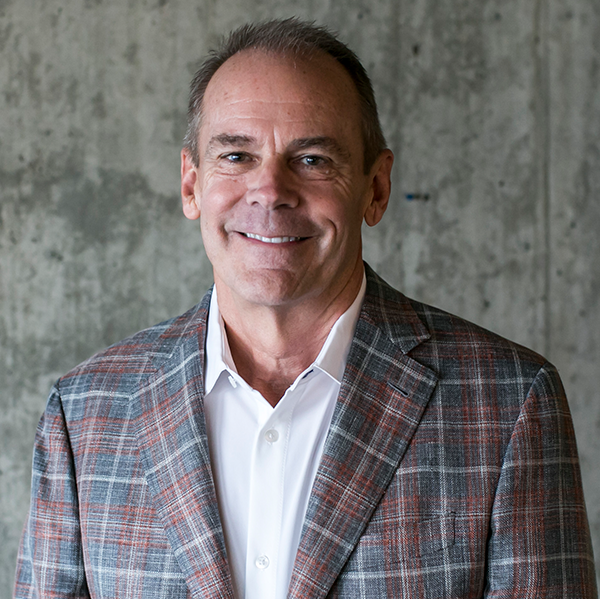Two years ago, I wrote a blog entitled “Not All Who Wander are Lost” in which I extolled the benefits of travel for personal and for professional reasons. Two years later, about to return from three weeks in Germany, Austria, Slovenia, and Croatia, I can double down on my earlier assertion that if done with an open mind and heart, traveling can make us better people. My wife and I have certainly learned new things, met wonderful people and amazing dogs and are returning to Denver refreshed and ready to re-engage with our community.
My wife Suzanne and I are lucky we have careers that allow us the freedom to travel and teammates that can fill in for us when we are away. In the past, I have always worked on vacation, but this time was different. While I checked emails now and then to stay on top of major development with my clients, we really wanted to detach from our Denver lives for a bit and appreciate where we were in the world. Vacations are about adventure which for us included mountain bike riding and hiking in Austria, exploring caves in Slovenia, hunting for truffles with awesome dogs and swimming to hidden beaches in Croatia, but also about time for contemplation and consideration of our place in the world and how we want to spend the limited time we have left upon it.
While enjoying our final days in Munich, we took time for a serious visit to the Memorial Site of the former Dachau Concentration Camp. About 16km northwest of Munich, this was one of the first camps built by Nazi Germany; opening in March 1933, and liberated in April 1945 by U.S Forces. It was initially intended as a model site to hold Hitler’s political opponents including communists, social democrats and other dissidents, but over time expanded to include journalists, immigrants, Catholic priests, Jews, Jehovah’s’ Witnesses, homosexuals, criminals, prisoners of war and those persons who were disabled or “work shy” (persons who refused to work or fit other descriptions that were deemed socially undesirable, including persons who were homeless or mentally ill).
As I am writing this blog on D-Day, it seems appropriate to acknowledge the courage and sacrifice of those brave individuals who executed the largest air, land, and sea invasion in history. While a major event in France, D-Day passes quietly in Germany. The Germans prefer to remember the end of the war as a liberation from the inhumane system of National Socialist tyranny. “Those who close their eyes to the past will become blind to the present. Those who do not want to remember the inhumanity will again become vulnerable to new dangers of infection.[1]”
One cannot experience something like the Dachau Memorial Site without wondering how something like that could happen and worrying if it could happen again. The transition of Germany from democracy to dictatorship in the 1930’s was swift and profound, building on an economic crisis, deep dissatisfaction with the prior social democratic leadership compounded by a political crisis and the inability to build sufficient consensus to form a majority government.
Given the political messages we are hearing in the United States and abroad this year, it is not hard to make comparisons with 1933. But global conditions are different, and our democracy is stronger; hopefully the checks and balances we have in place will prevent this. But there are cautionary lessons to learn. Trying to appeal to extremists of either party is dangerous; creating voters who want more than just a different government, but a complete overthrow of existing democratic institutions. Disinformation and conspiracy theories abound and are a major threat to democratic processes and the continuing battle for truth by fact-checking and questioning is more important now than ever.
We would like to reassure ourselves that what happened at Dachau could never happen in the United States. The message heard from Dachau is “Never Forget.” We should always remember what happened out of respect for the prisoners and their descendants and for the future of our children and the world. And we should pay close attention to what our politicians and leaders say and what they do so something like this can never happen again.
Travel and reflection, particularly when it takes us out of our comfort zone, strengthens our ability to empathize with others, improves our self-awareness and helps us better understand our place in the world; both as humans and as lawyers. We return to our roles more informed and better able to connect with our community and serve our clients in an ever more challenging world.
—
[1] Quote from Richard von Weizsäcker, Federal President of Germany, May 8, 1985



